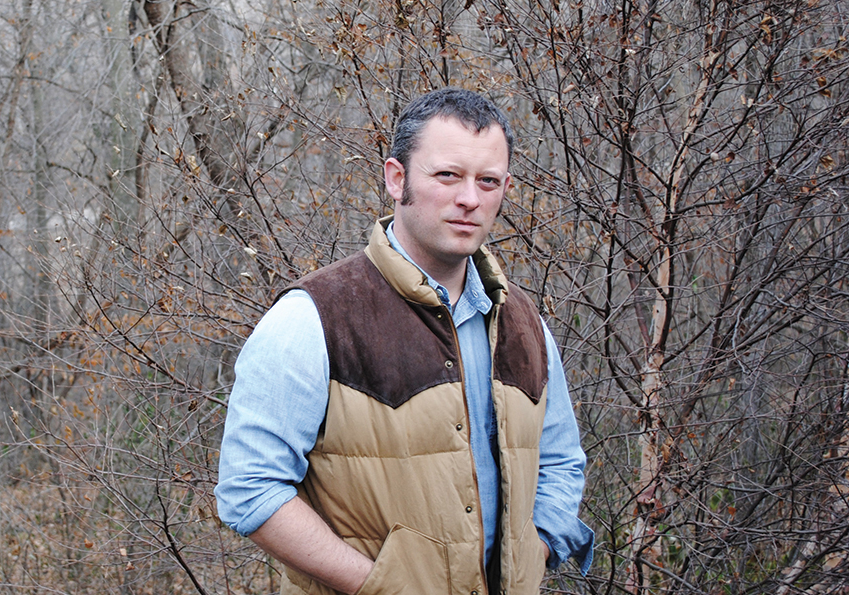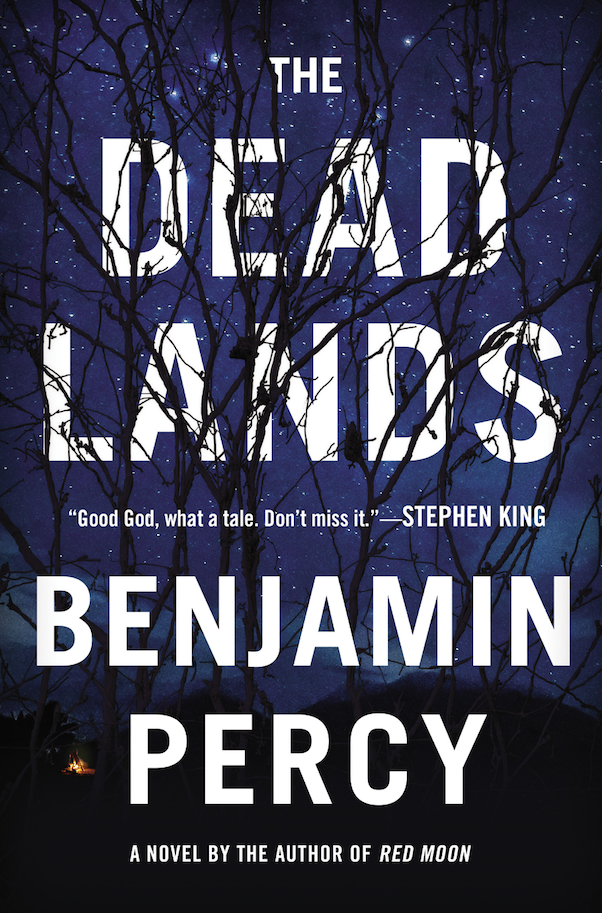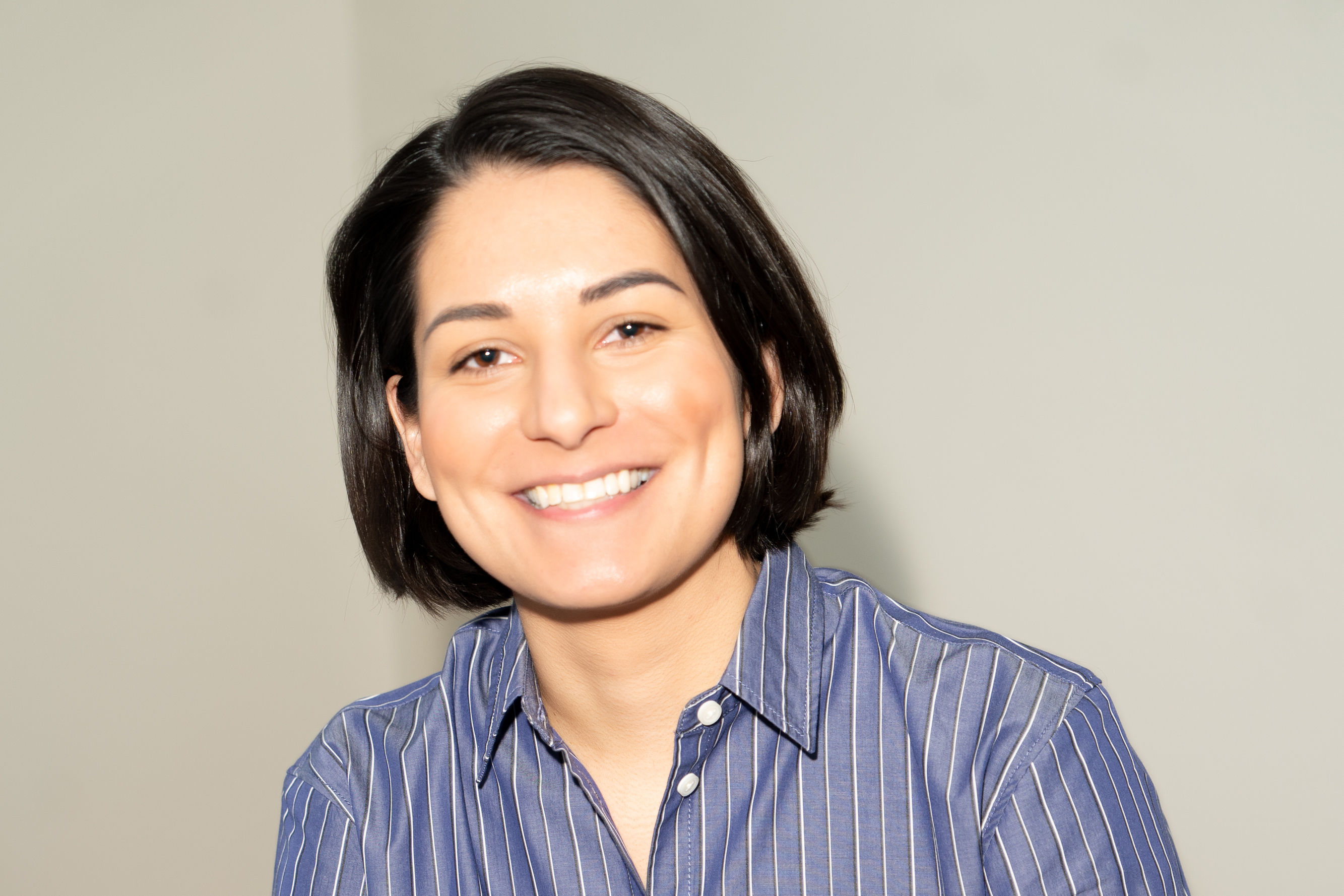Lewis and Clark 2.0? Oregon Author Benjamin Percy Reimagines Discovering the West

Photo credit: Jennifer Percy
Oregon native and Minnesota transplant Benjamin Percy is back in town next week for the Tin House Summer Workshops. We caught up with him in advance of his Monday reading to talk about Lewis and Clark 2.0—and how you get Stephen King to tweet about you.
Your newest novel, The Dead Lands, is a post-apocalyptic tale about a trek across western America, led by a man with magical powers named Lewis Meriwether and an alcoholic adventurer named Wilhelmina (Mina) Clark expedition. Is it safe to say that the Lewis and Clark expedition was part of the book's genesis?
I grew up in Oregon in the shadow of Lewis and Clark, and their story was a very essential part of my upbringing. My mother is a hobby historian and she would constantly regale us with stories of the expedition, and imprinted in my mind very early on that this is one of the greatest adventure stories in American history. We visited Fort Clatsop so many times we should have had a punch card!
So I always wanted to write about them, and initially I thought I’d take on a non-fiction project and recreate the passage myself and take different people from my life with me on my way. . . But when I sat down with my wife to figure out the logistics of that, the cost and the time, I decided to make some stuff up instead. Initially I thought I would write a historical novel, but that’s been done and done well so I came up with a post-apocalyptic version. Lewis and Clark 2.0.
History fans will recognize names like York, Reed, and Jon Colter in the book. How much research was required to mine a historical narrative as you did?
I didn’t need to research the story because I already knew it so well. I did need to research the effects of time and heat and radiation on a world without us, so the study came out of post-apocalyptic query—that was what I was researching most heavily.
But this isn’t a book anybody should go to for a history lesson – it’s a revision of history. If you think about what Lewis and Clark were going through when they set off into the wilderness: The Louisiana purchase doubled the size of this country. Napoleon sold the Louisiana territory to Jefferson for $11 million dollars and no white people knew what was out there. Some people even believed that there were still wooly mammoths roaming about. It was the equivalent of blasting off to the moon! By creating the post-apocalyptic angle I felt like I was able to make it feel relevant and perilous once more, to capture the spirit of the core of the discovery without having to rely on the minute particulars of the expedition. Untold wonders, untold horrors and an infant America: the future of the country hangs in the balance, depending on how this expedition turns out.

In The Dead Lands, the citizens of St Louis are living with a major water shortage, a timely concern given what's happening in California right now. It feels like the book has an environmental message —is that something you wanted people to pick up on?
I was trying to channel the anxieties of the time, and if you look at the headlines right now you’ll see that California is drying up, knuckling in upon itself like a date; Ebola laid waste to thousands this year; there was the recent trial of the young man, the terrorist who blasted off a bomb at the finish line of the Boston marathon; people are burning churches in the south; people took to the streets of Ferguson and Baltimore to protest police shootings. The headlines these days are nightmarish, and the end of the world has maybe never been more popular because the end of the world has never seemed more probable. That explains the slew of post-apocalyptic narratives we’re seeing on TV and in comics and literature.
So I’m playing around with that, and yes there’s certain parallels to what’s going on in the world right now. You could look at it as an environmental book, you could look at it as about American imperialism, you could also look at it as about the growing disconnect between the one percent and the rest, about the distribution of wealth. But at its heart it’s a thrilling adventure story, and those are the subterraneous elements.
Having grown up in Oregon, can you tell me how much the landscape and history inspired you? Do you still draw from it?
Oregon’s my imaginative playground. When I sit down at my desk, that’s the state that takes hold of my mind. I’ve lived there longer than anywhere else, I know it better than anywhere else, the geography, the history, the politics, the culture, the myths of the Northwest. I married into the Midwest and have popped all around the last couple of years, but I don’t feel like I have a strong enough grasp on any area beyond Oregon to capture it believably on the page. I still feel tethered to it.
It feels like there’s a shift in how critics—and readers—are responding to genre fiction, and that it's been taken more seriously. The Dead Lands contains elements of fantasy as well as realism. Do you feel like it’s reaching a different audience than it might have before this cultural shift?
If you look at the long tail of literature, realism is the trend, not the norm. The fantastic has always been central to storytelling. We went through a phase, a phase that I think is ending, where realism was the dominant mode and I’ve always felt as though this attempt to label everything—they’re all phantom barricades, false taxonomy. What is Margaret Atwood, what is Kate Atkinson or Susanna Clarke? What is Colson Whitehead or Justin Cronin, or Dennis Lehane or Cormac McCarthy?
Take Cormac McCarthy’s work in particular: The Road is sci fi, Blood Meridian, All the Pretty Horses and The Crossing are Westerns, No Country for Old Men is crime, Child of God is Horror—where do you put that guy in a book store? It doesn’t matter. I’m more interested in being artful and writing something that is artful and propulsive at the same time. You don’t have to sacrifice one for the other.
The blurb on The Dead Lands from Stephen King—"Good God, what a tale. Don't miss it," he says—is about as good as it gets. How did you get him to read your book?
I’ve read more of Stephen King than any other writer, so getting that endorsement with him was—cheesy as it sounds—a dream come true. We sent him my previous book, Red Moon, and didn’t hear back from him until it was about to come out on paperback, and he tweeted about it. I was the fourth tweet of Stephen King! As a result of that tweet in which he said he couldn’t stop thinking about the book, we got in touch, and he asked to check out my next book. So we sent him The Dead Lands and he very speedily and generously got back to us.
Are there any Oregon writers that can count you among their fans?
I’m always eager to dip into the Northwest, and the work of writers like Barry Lopez, Jonny Evison, Jon Raymond, Jess Walter, Pete Fromm, and so many others. They help transport me, back to my old stomping ground.
As a faculty member for the Tin House Summer Workshops, you'll be tasked with helping new and aspiring writers with their work. You've also received an MFA yourself from Southern Illinois University. Some argue that writing cannot be taught in an academic setting. What do you think?
You can’t teach talent, but you can hone skills and when it comes to MFA programs, you’re giving people the time to write and you’re giving them a community in which they feel uplifted, in which these 26 letters at our disposal are considered the most important invention in the world, and that’s infectious. You don’t need an MFA to write, you don’t need to go to a conference to write, but sometimes they help move things along a bit faster. You figure out in a few weeks or you figure out over the course of two years of study what would have taken a lot longer on your own.
Benjamin Percy's The Dead Lands is published by Grand Central Publishing. He will be reading as part of the Tin House reading series at Reed College's Cerf Amphitheater at 8 pm on Monday. Admission is free.




